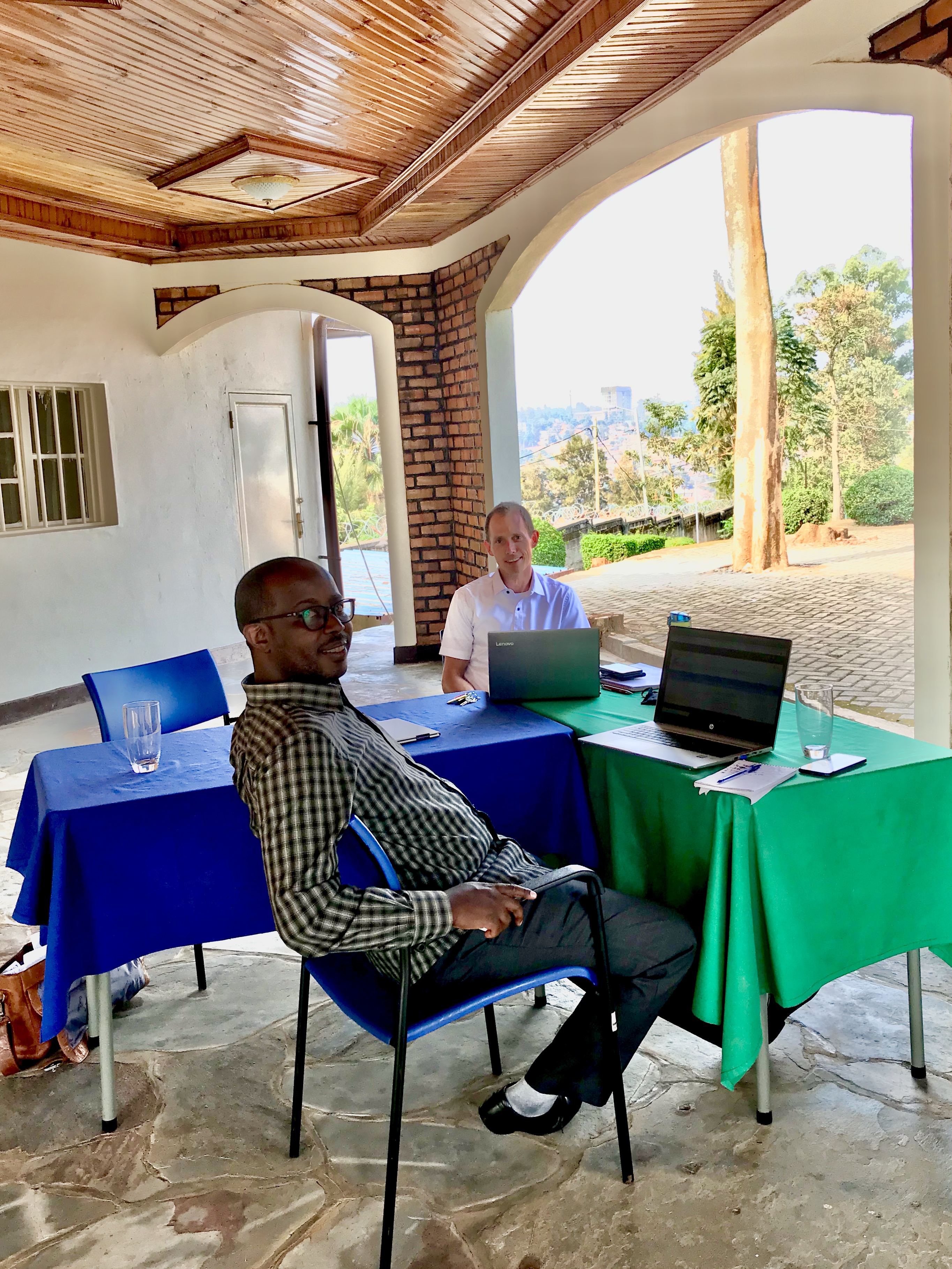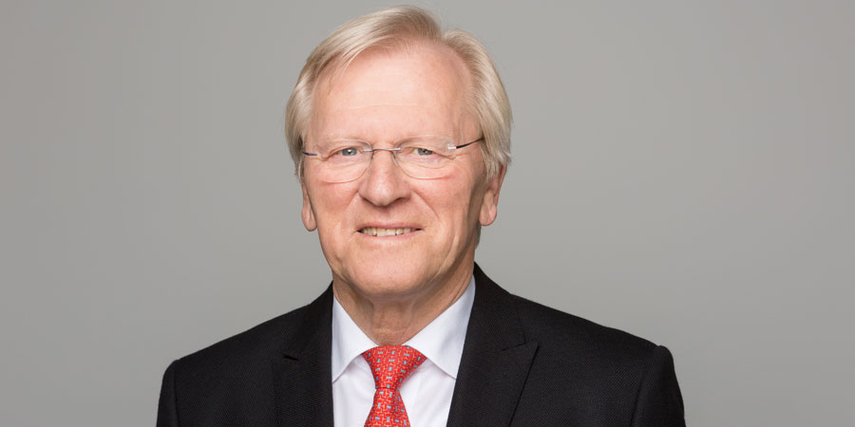Marcel Job: From Sparkasse Germersheim-Kandel to Rwanda
1. In which institution of the Sparkassen Finance Group did you start your career and what brought you to the Sparkasse?
Since I was working and earning extra money during my school years, I was always looking for the best way to invest my own money. The idea was then obvious: Why not take up a profession where I would also acquire the knowledge to manage my own finances. Besides, I already enjoyed numbers and all kinds of calculations at school. In our rural region, where I come from (Southern Palatinate), commercial banks were not strongly represented and that's why there was only the Volks und Raiffeisen Bank and the Sparkasse in our town. Since I had my main account at the Sparkasse, the choice of vocational training was not all that difficult. So I applied and started my dual studies at Sparkasse Germersheim-Kandel in 2002.
2. How long did you work for this institution? Please describe your Sparkassen-career briefly.
After the apprenticeship (2005) I participated in a trainee program, which lasted two years, where I got deeper insights into the respective departments of my Sparkasse. Fortunately, a position became available in Controlling, and I started in 2006 as a Controlling Administrator in a department with just two employees. There, I was able to pursue a position that corresponded one hundred percent to my interests in numbers and calculations. However, the department changed in terms of its activities as supervisory issues became more and more important. The world of numbers, meanwhile, moved further and further into the background. The number of employees also gradually increased. In 2009, I took over as Head of Controlling, a position I held until I moved to German Sparkassenstiftung. By this time, the focus of my activities had already shifted very strongly to risk controlling and compliance with regulatory requirements. While working for the Sparkasse, I also taught the subject "Controlling" for the 5th semester at the Duale Hochschule (university for dual studies).

3. When did you start your career at German Sparkassenstiftung and what motivated you to work in international cooperation?
During my time at the Sparkasse, I was able to introduce, for example, a monthly reporting tool for MFI management or implement a risk inventory including risk reporting in three short-term assignments for German Sparkassenstiftung. My contact with German Sparkassenstiftung intensified again at the end of 2018 and beginning of 2019 when a position as a long-term expert in Rwanda became available. My partner had already successfully applied to German Sparkassenstiftung and was also due to start as a long-term expert in Rwanda in the course of 2019, after she had carried out an assignment as a short-term expert at the end of 2018. So we had the great fortune to move our common center of life from the tranquil Southern Palatinate to the East African city of Kigali - living and working there together. The main motivation to work for German Sparkassenstiftung as a long-term expert was definitely the exciting experience I gained during my short-term expert assignments. Unfortunately, each of these only lasted a few weeks and it was only possible to follow the further development of the local partners to a limited extent. That's why I wished to have these wonderful experiences for a longer period of time. I hoped for deeper insights into the local culture and a challenging work environment with a variety of different topics, after I had "only" had the topic of 'controlling' on my table at the Sparkasse. In retrospect, I can say that my hope and expectation was definitely fulfilled. The variety of tasks far exceeds anything I had previously expected; and in a positive sense.
4. What valuable experience have you taken with you from your work at Sparkassen Finance Group to your project region?
Funnily enough, there are some topics that I am still familiar with from my training , such as accounting, taxes or annual financial statements, provided that these topics are needed by the local partner. Beyond that, it is only in certain situations that the technical competencies which I acquired during my time at the Sparkasse come in handy. Sometimes my skills in general controlling, reporting, risk scenarios, business model analyses, etc., happen to overlap with smaller project tasks on site, but this is rarely the case. It is more the methodological approaches that I can draw on in my work in Rwanda, less so the technical experience. Furthermore, I had to realize that the way work is done in Rwanda differs immensly from how I was used to and how I expected it to be. Decisions of the local partners, for example, are very much influenced by the existing hierarchy. Communication does not take place via e-mail - as I was used to - but almost exclusively via telephone or personal (physical) conversations. Beyond that, it was more a matter of being as flexible as possible and understanding that the approach to problems and decisions is completely different in international cooperation. This helped me the most in quickly finding my way around the projects with our local partner institutions. A lot of the work doesn't take place at the office, but in workshops with the partners or sometimes on the construction site, for example when our training academy is renovating the premises or building a training hall. On the other hand, some of our local partners are increasingly adopting 'punctuality and accuracy' into their own operations, as they find that it contributes greatly to the professionalization of their institution - especially when interacting with international partners.
You can learn more about our projects in Rwanda here.


